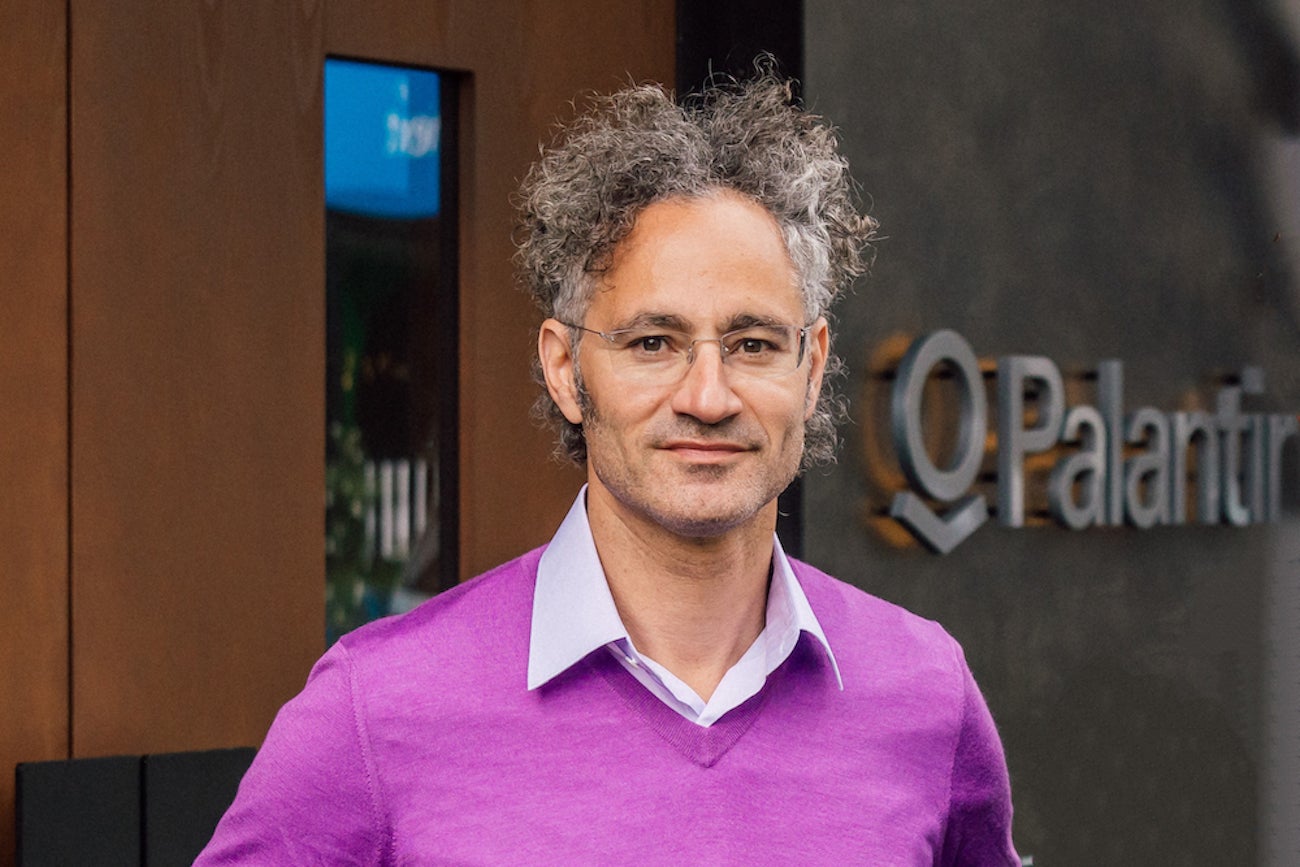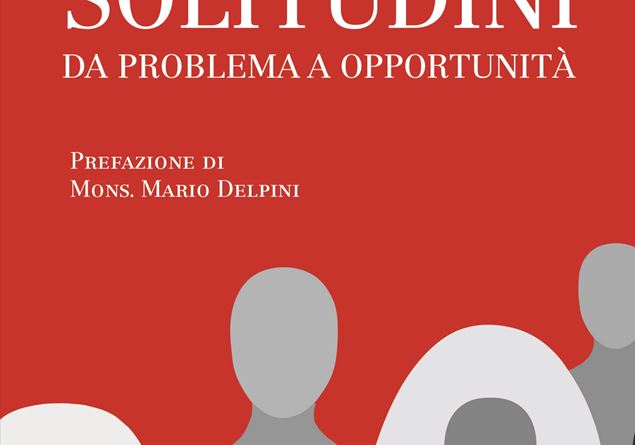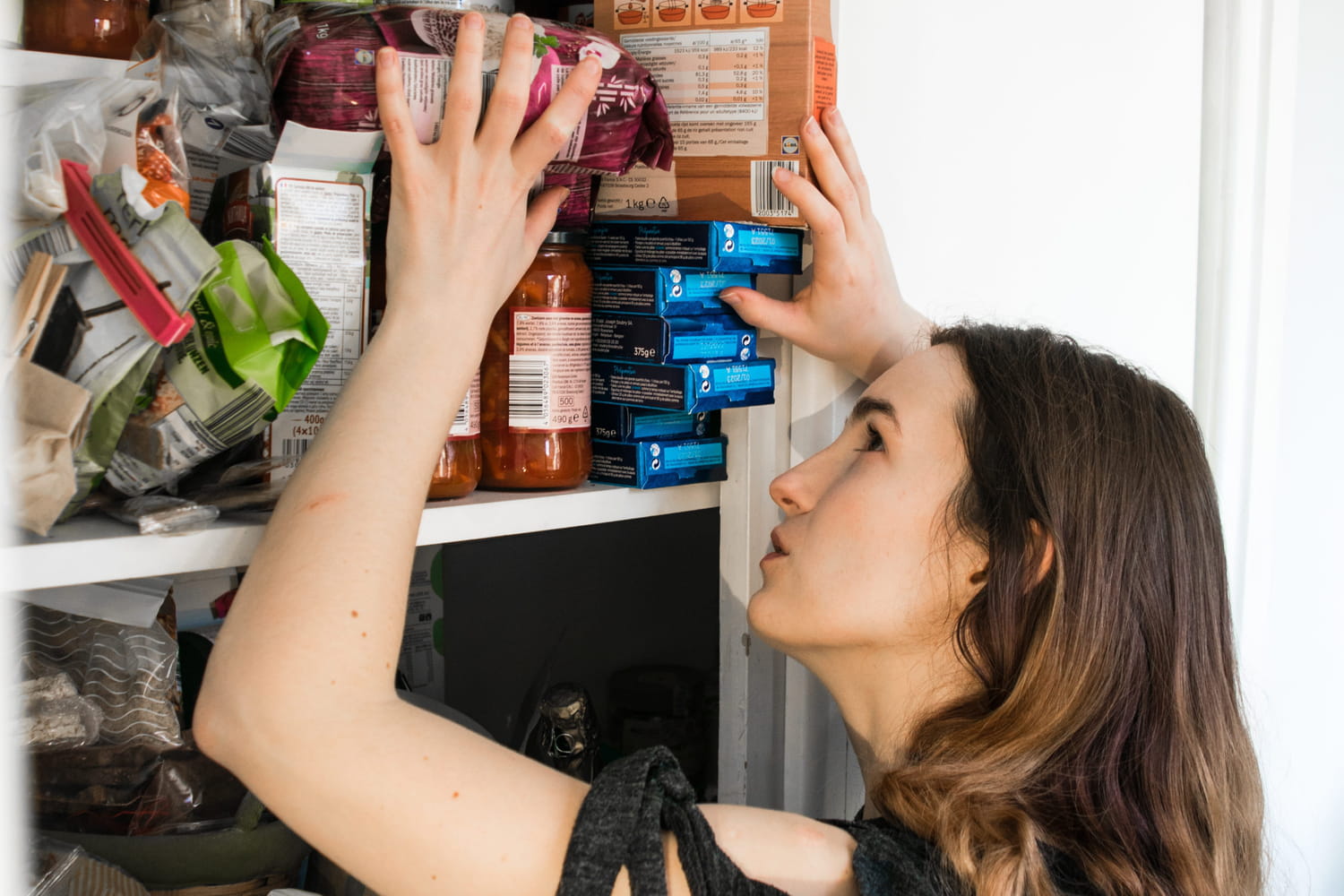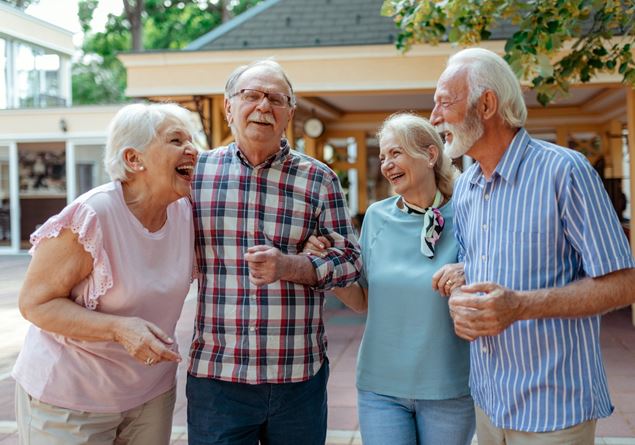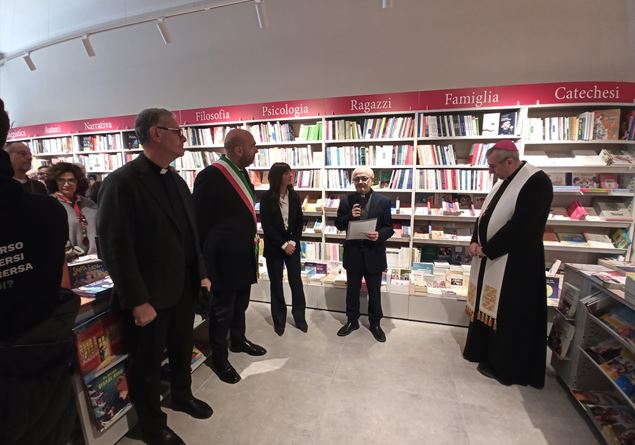On the occasion of the XIV world month Alzheimer and the XXXII World Day Alzheimer (21 September), the Alzheimer Italy Federation presents a Decalogue for the prevention of dementia, Provided by Simone Salemme, neurologist and consultant of the Istituto Superiore di Sanità, and by Davide Mangani, immunologist researcher of the Belinzona Biomedicina Research Institute.
The decalogue collects the most recent scientific evidence and translates the research into concrete indications, with a double perspective: that of the individual, which can adopt protective behaviors in everyday life, and that of society. In fact, governments and institutions are called to put public policies and structural choices to protect collective cerebral health.
«Today we know that prevention is a powerful lever: Up to 40% of dementia cases could be avoided or delayed by intervening on modified risk factorsI, “says Simone Salemme. «The decalogue combines individual responsibilities and collective responsibilities. It is an invitation to each of us, but also to politics, to institutions and to the whole community, to act to build a future with a lower impact of dementia “, adds Davide Mangani.

Decalogue for dementia prevention
1. High blood pressure under control
Hypertension is a “silent killer”: keeping it under control means protecting heart and brain.
• What the individual can do: measure the pressure regularly, follow the prescribed treatments, reduce the use of salt, maintain an active lifestyle, keep the weight under control.
• What can society do: promote widespread screening, facilitate access to drugs, design cities that encourage movement, with parks and cycle paths.
2. LDL cholesterol: knowing and treating it
High cholesterol in the middle age increases the risk of dementia and stroke.
• What the single can do: keep under control the levels of lipids, follow a Mediterranean diet, do physical activity, do not smoke and limit alcohol.
• What can society do: offer accessible cardiovascular check-ups, guarantee access to drugs and therapies, promote policies for healthy diet and the use of clear nutritional labels.
3. Protect the hearing
Untered hearing loss, often due to costs and stigma, promotes insulation and cognitive decline.
• What the single can do: scratch after 60 years, use hearing aids if necessary, protect the hearing from noise (using caps if necessary and moderating the volume of TV, radio, etc.), lead an active social life.
• What can the company do: make aids and rehabilitation accessible, create public environments with assisted listening (i.e. guaranteeing that auditoriums, theaters and community spaces are equipped with audio systems that allow accessibility to people with auditory losses), promote campaigns to combat stigma.
4. Protect the view
Seeing us well maintains autonomy and cognitive stimulation.
• What the single can do: undergo regularly to eye visits, make use of adequate glasses or lenses, do not refer necessary interventions such as cataracts, use adequate domestic lighting.
• What can the company do: reduce waiting lists for interventions, promote visual screening, make eye principles accessible, improve lighting and public signs.
5. Regular physical activity
Movement is one of the most effective weapons for brain health.
• What the single can do: walk, swim, dance, alternate aerobic and strengthening exercises, to break the sedentary lifestyle.
• What can the company do: develop cities “Active Friendly”, support gyms and social programs, encourage active mobility and public transport, promote physical activity with national awareness campaigns.
6. Mediterranean -type nutrition
The Mediterranean diet protects from inflammation and cognitive decline.
• What the individual can do: consume fruit, vegetables, whole grains, legumes, fish, olive oil; limit sugars and processed foods.
• What the company can do: guarantee public, school and work canteens “Mediterranean”, make fresh foods more accessible, support the local supply chains, discourage with tax policies suitable for the spread of ultra -prompt foods.
7. Stop smoking and excess alcohol
Tobacco and alcohol damage the vases, raise the pressure and favor inflammation and cerebral atrophy.
• What the single can do: quit smoking, avoid passive smoke, limit alcohol and avoid “alcoholic binges”.
• What can the company do: strengthen anti -smoking policies, offer support services for addictions, regulate the sale and advertisement of alcohol.
8. Diabetes, weight and metabolic health
Type 2 diabetes and obesity increase the risk of dementia.
• What the single can do: monitor blood sugar and weight, follow the therapies, adopt a healthy lifestyle, sleep enough and pay attention to excessive stress.
• What can the company do: activate prevention programs, facilitate access to nutritionists, adopt policies that limit the consumption of sugary drinks, promote policies to ensure equity in accessing healthy foods.
9. Active mind and social relationships
Mental relationships and stimuli strengthen the cognitive reserve.
• What the individual can do: learn new things, cultivate hobby, participate in social activities, ask for help in the event of depression.
• What can society do: guarantee quality education since childhood, promote community centers and libraries, support university of the third age, guarantee accessible mental health services.
10. Attention to environmental risks and trauma
Accidents and atmospheric pollution also weigh on cerebral health.
• What can the single do: wearing a bike and scooter helmet; use adequate protections for sports activities; prevent falls at home with the use of non -slip rugs, handrails and adequate lighting; Reduce home combustions; prefer less polluted places.
• What the company can do: implement “clean air” plans to reduce traffic and combustion, increase urban green, strengthen road safety and prevention of domestic falls, create homes and neighborhoods to be measured by elderly.
With this decalogue, the Alzheimer Italia Federation renews its commitment for a more informed, careful and inclusive company.
More information is available on www.alzheimer.it and www.dementiafriendly.it; An in -depth video video on the decalogue with the interventions of Simone Salemme and Davide Mangani is available on the YouTube channel of the Alzheimer Federation.
